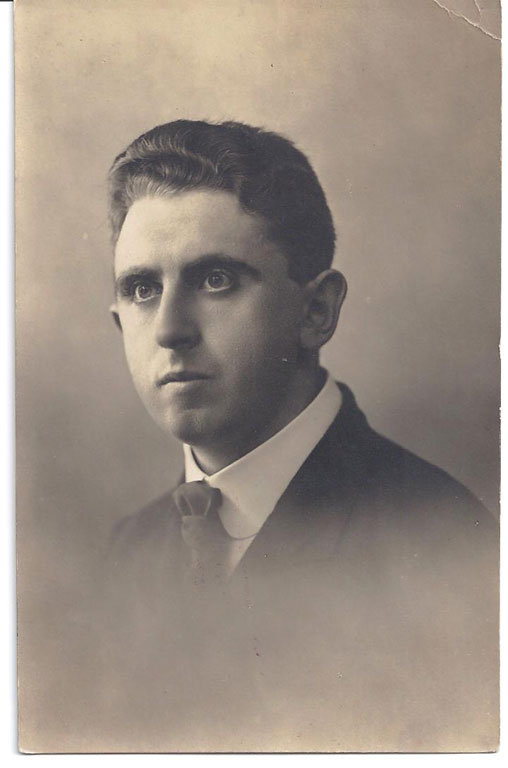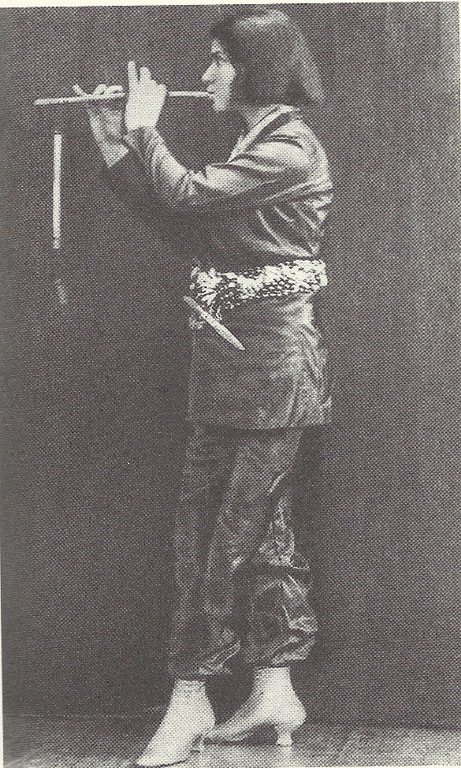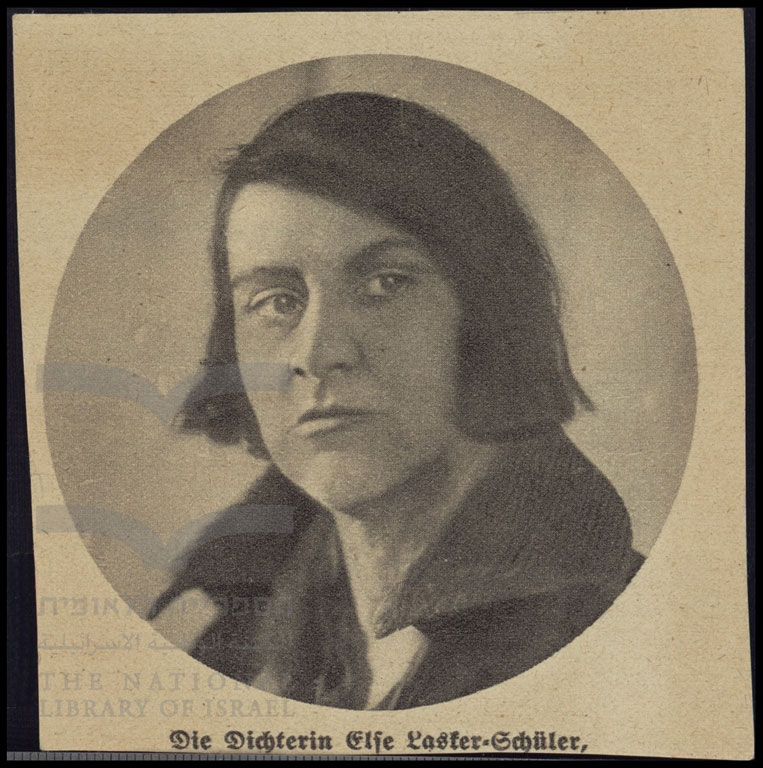In a gradual process, from the last quarter of the 19th century until the rise of the Nazis, Jews in the German-speaking world made the transition from exclusion to acceptance. Up until then Jews who wanted to take part in these societies usually had to convert to Christianity. However a definite change took place after 1848, when many former restrictions were lifted. Jews were especially successful in exploiting opportunities for advancement through education. It is this trend which allowed Kafka, Zweig, and Benjamin to study in university, and made the idea of Benjamin receiving a university position tenable. Jews had become intellectual leaders in the German-speaking world.
-
GERMAN-SPEAKING JEWS IN THE NLI ARCHIVES
Having been integrated into German-speaking society, Jews such as Zweig and Benjamin saw themselves as part of European society. They conceived of Jewish identity as a universal phenomenon which went hand in hand with their Europeanism. With the rise of the Nazis to power their world fell apart. Many Jewish intellectuals including Zweig, Benjamin, the famous poet Else Lasker-Schüler, and the poet and writer Albert Ehrenstein, sent their archives to the National Library in Palestine in order to save what they could of their life's achievements and records.
 Albert Ehrenstein, NLI
Albert Ehrenstein, NLI Else Lasker-Schuler playing the pipe, NLI
Else Lasker-Schuler playing the pipe, NLI Else Lasker-Schuler, NLI
Else Lasker-Schuler, NLI